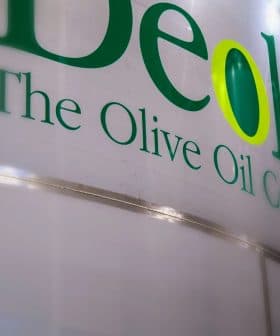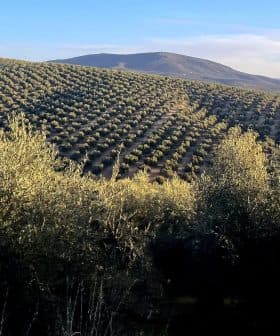Spain's Civil Guard Seizes 120 Tons of Fake Olive Oil
Farmers alerted police that some companies may have been manipulating olive oil with biodiesel, with the intention to distribute it on the market as olive oil.
The Spanish Civil Guard seized over 120 tons of fake olive oil in Operation Cloroil, leading to the arrest of 9 individuals, including Enrique Fuentes Ibáñez and his son, who were already serving time for previous fraudulent activities. The investigation revealed that companies were manipulating olive oil with biodiesel and using false documents to distribute it on the market, posing health risks to consumers due to the presence of harmful residues and allergens.
The Spanish Civil Guard has seized more than 120 tons of fake olive oil, under the operation ‘Cloroil.’
The judicial police units of the Civil Guard of Jaén arrested 9 people and 2 others are now under investigation. Four have criminal records for illegalities like forgery and fraud against consumers. Among them are: Enrique Fuentes Ibáñez, who is already doing time for the ‘Iniosa’ case (an alleged fraud in which more than 200 olive growers in Jaén and Córdoba delivered their 2001 and 2002 olive harvests to a company which later declared bankruptcy, leaving them unpaid); and his son Enrique Fuentes P., also in jail for fiscal fraud for forgery and belonging to a criminal organization.
According to the Civil Guard website, the operation was launched when the agents, during one of their periodic meetings with agricultural organizations, cooperatives and associations of farmers, officials were alerted to the possibility that some companies may have been manipulating olive oil with biodiesel, with the intention to distribute it on the market as olive oil.
The agents set up a device to detect the movement of trucks and found that a company based in Jaén was the recipient of consignments of sunflower oil from France, palm oil from Ecuador and avocado oil from Greece. They also found that the company was acquiring flavorings and colorants not needed for its designated commercial activities.
The Civil Guard, in coordination with the Regional Ministry of Agriculture of the Government of Andalusía, inspected the facilities and administrative areas of the company and took samples of olive oils at four other companies in Jaén, Granada and Córdoba. They uncovered and seized 120 tons of different oils, thyme and garlic flavorings, 16 percent fat-soluble magnesium chlorophyll, and false documents.
The forgery of the transport documents was allegedly used to avoid the tracking of substandard large containers used for the transport of oils, which caused a health risk due to the possible presence of harmful residues. The mixture of oils could be harmful to those with sensitivity to certain substances and allergens.
One of the procedures used to obtain the oil could be to use extracts already used and discarded by other manufacturers, while sunflower oil had been subjected to a refining process and then mixed with palm or avocado oil. The final product was found to be comprised of only an estimated 15 percent olive oil.









